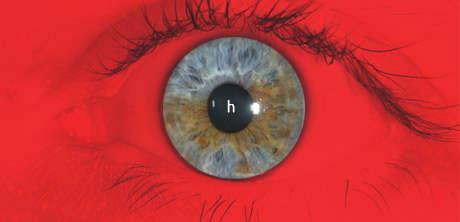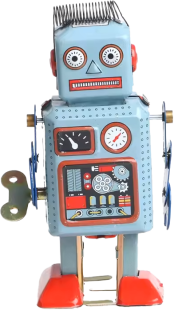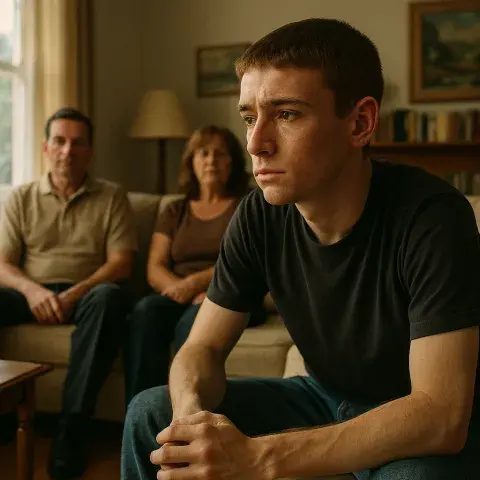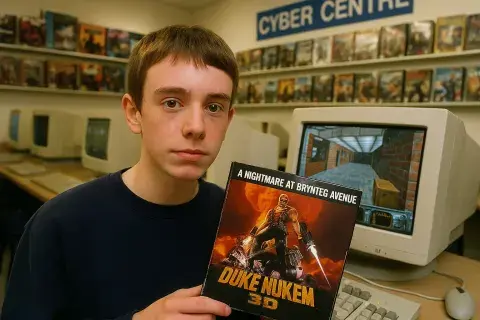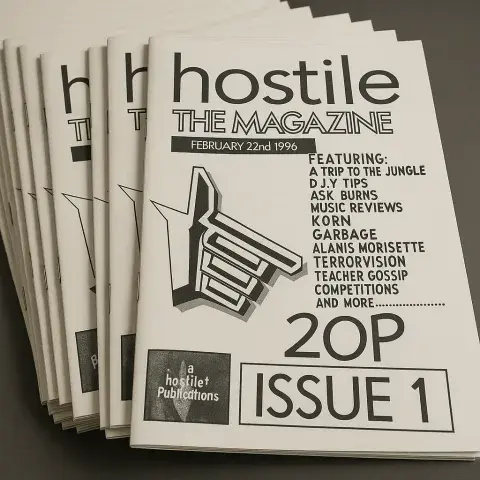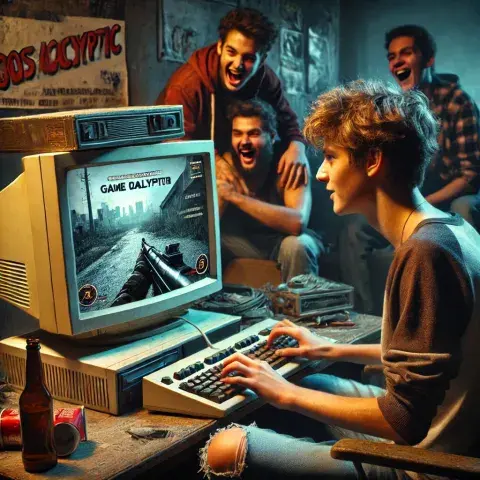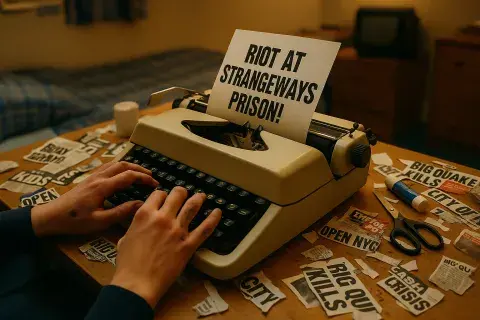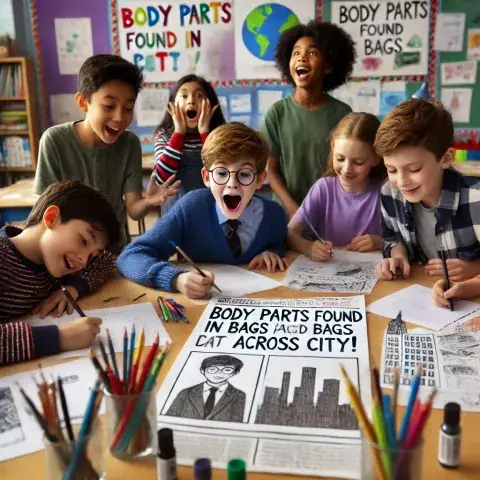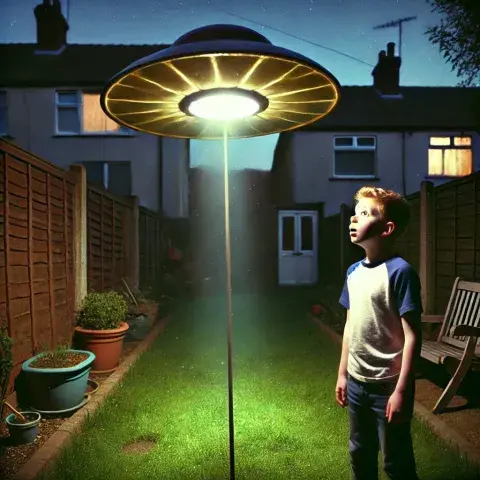Chapter 56 - Simon Parkes
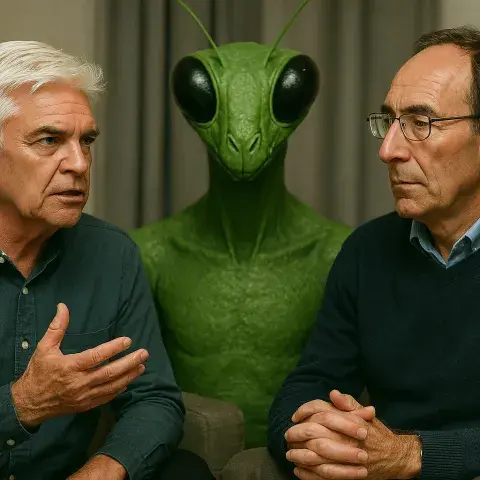
Around 2017, something else happened that added another layer of complexity to my growing sense of the extraordinary. I stumbled upon the work of Simon Parkes, a man whose beliefs and teachings resonated deeply with what I had been experiencing. Simon, for those who don’t know, is a fascinating figure—a man who claims to have had contact with extraterrestrial beings, specifically the Mantid beings.
It was an odd pairing—Philip Schofield, the daytime TV presenter who would later fall from grace, hosting a conversation about aliens. It seemed like a setup for ridicule. But Simon came across so calmly, so genuinely, that I couldn’t help but believe him. His words weren’t tinged with the sensationalism that so often accompanies these kinds of stories. He wasn’t trying to sell anything or make himself a profit. It was almost as though he was simply sharing his truth with the world.
And what he spoke about—the Mantid beings, the messages he’d received—it felt like it was speaking to something deeper in me. Here was a man who wasn’t just talking about old wives' tales or typical paranormal experiences. He was discussing a broader, more intricate cosmic reality that made sense in a way that nothing had before.
I found myself drawn to his teachings, and soon enough, I started attending his Connecting Consciousness sessions in London. They were incredibly thought-provoking, more so than anything I had encountered up until then. Each meeting left me questioning everything I thought I knew about reality. It wasn’t just about alien beings; it was about human consciousness, the nature of existence, and how we all connect to the universe in ways we might never fully understand.
What impressed me most about Simon’s work wasn’t just his knowledge, but the fact that he was reaching a growing audience. He had, and still has, over a million followers these days. His sessions and teachings have become a beacon for people like me—people who are looking for answers, trying to understand what lies beyond the surface of our everyday lives.
Simon’s work, in many ways, was a turning point for me. It wasn’t just a new belief system—it was a new way of seeing the world. It was an invitation to step outside the ordinary and embrace the extraordinary, to see ourselves as part of something much larger than we could ever imagine. And as I delved deeper into his teachings, it became clearer to me that my journey, my experiences, and the strange coincidences I’d encountered were all leading me somewhere. The universe, or whatever force was behind it, wasn’t just a backdrop for my life. It was an active participant, guiding me, nudging me forward, even when I didn’t understand where it was taking me.
After many months of attending Simon Parkes’ Connecting Consciousness sessions, I began to feel like something was missing. While I appreciated the insight and wisdom I had gained from the group, something about it felt out of sync with the evolving nature of my understanding. It wasn’t quite resonating with me in the way it had in the beginning. I realised that the information and concepts being discussed were starting to feel a bit out of date, at least compared to what I was reading and discovering elsewhere.
One thing that had truly captivated me during this period was the information coming from ZetaTalk. The Zetas, their messages, and the language of their teachings resonated deeply within me. The more I read, the more I realised that the community and the messages from ZetaTalk were on a whole other level of understanding. It was as if they had access to the deeper truths that Simon, with all his knowledge, couldn’t quite tap into. ZetaTalk didn’t just offer insight—it explained things that were unfolding around me in real time. Things most people hadn’t even started to question. Like the sudden rise in plane crashes…
So, I made the decision to leave the group. I wanted to immerse myself in the deeper, more direct connection that ZetaTalk offered. I felt a pull toward their community, towards the messages they were sharing, and I yearned to find others who felt the same way. I had hoped to find a group of like-minded people who were not just curious but deeply invested in the knowledge and teachings of the Zetas.
The problem was, when I brought up ZetaTalk, even in passing, I was met with confusion. I remember being astonished by how few people had even heard of it. Here I was, diving headfirst into the Zeta information, convinced it was the next step in my spiritual journey, and most of the people in the Connecting Consciousness group had no idea what I was talking about.
I was too polite to press the issue, to demand answers about why it wasn’t more widely known, but it struck me as odd. Why hadn’t this message reached a wider audience? How could these people who were so dedicated to their spiritual growth be unaware of the Zetas, who seemed to be on the brink of revealing the answers to some of the deepest questions of our existence?
Despite my quiet frustration, I was determined. I needed to connect with others who knew, who understood. I craved those discussions that would link me to others who were also seeking truth beyond the surface. I wanted to find that ZetaTalk group, that circle of souls who were already deep into the messages, ready to share, learn, and explore with me. It was clear to me now: that was where the real answers lay.
It was during one of the one-to-one sessions I’d paid Simon for that something truly extraordinary happened. I had decided to bunk off work for a while, a little act of rebellion, to engage with the universe and, more specifically, with Simon himself. It felt like a moment of deep alignment—a time to truly open myself to the guidance he could provide. I was ready to hear whatever message the universe had for me.
As the session unfolded, Simon spoke with a calm certainty. His words, while never abrupt, seemed to carry a weight that went beyond the ordinary. And then, amidst the exchange, he told me something that hit me like a bolt of lightning, and I’ll never forget it:
"You're not from the 4th dimension, or the 5th dimension, or the 6th dimension, or the 7th dimension, or the 8th dimension, or the 9th dimension, or the 10th dimension, or the 11th dimension. You're from the twelfth dimension."
Those words lingered in my mind long after the session ended. Twelfth dimension. What did that even mean? It was as if he had unlocked some secret door in my mind, one that led to realms beyond the limits of conventional understanding. Twelve dimensions. I could barely comprehend the enormity of it.
The idea of dimensions had always fascinated me, but to be told that I wasn’t from any of the commonly discussed ones—that I was from a place beyond, a realm so far outside the known spectrum—struck me as both overwhelming and deeply validating. It was like I’d been given access to a secret, cosmic identity that explained everything I had ever felt—an otherworldly connection that had always been there but had eluded me for so long.
The shock of this revelation wasn’t just about the dimensions themselves, though. It was about what it meant for my existence. Who was I really, if not from this earth, from this time and place? Was I truly just passing through, caught up in a body and mind that couldn’t quite grasp the full depth of where I came from?
I sat with that thought for weeks, turning it over in my head. Simon’s words, though cryptic, felt like a breadcrumb trail. I started to look at my life through a new lens—one that stretched beyond the physical world, beyond this dimension of time and space. Could it be that I had a higher purpose here, on Earth, in this moment? Was I, in some way, supposed to remind others of the hidden truths of the universe?
And then came the question that gnawed at me: How would I find my place in the grand scheme of things, in a world where my essence, my very soul, came from beyond the known realms?
Now, what would you start thinking if someone you fully believed in told you that you were from such a high dimension? For me, it was a revelation that sent shockwaves through my already chaotic mind. The words hung in the air, heavier than they had any right to be. The 12th dimension. What did that even mean? I immediately got freaked out.
The greys that had fascinated me for years—the beings I felt such a strange, inexplicable kinship with—existed in the 4th dimension. That’s a dimension I could almost comprehend, but twelve? What the hell did I look like in this theoretical higher plane of existence? The thought twisted in my mind like a Mobius strip: infinite, unresolvable, and deeply unsettling.
On one hand, it was like fuel to the fire of my growing messiah complex. I mean, why stop at "special" when you could go straight to "cosmically extraordinary"? But on the other hand, the revelation left me feeling more hollow than holy. If I truly was this exalted being from a realm so far beyond human comprehension, then why couldn’t I manifest a single superpower to help me in this mundane, often miserable human existence? No telekinesis to lift my phone when it fell off the table, no psychic ability to escape awkward conversations. Not even a flicker of supernatural insight to make sense of why my life felt so… ordinary.
The whole thing had the flavour of a cruel cosmic joke. Like someone had handed me the keys to a kingdom I couldn’t even locate on a map. I spiralled for days, torn between wanting to embrace this “truth” and questioning if it was all just a delusion. Was I grasping at straws to give meaning to my life, or was this something bigger than I could understand?
And yet, for all my doubts, the idea refused to leave me. It clung to me like a shadow, forcing me to reframe everything I thought I knew about myself, about existence. If I was truly from the 12th dimension, then what was my purpose here? Was I supposed to accomplish something monumental? Was I meant to suffer through this human life, caught between dimensions, so I could learn something profound?
Or maybe, just maybe, it wasn’t about being extraordinary at all. Maybe being from the 12th dimension wasn’t a blessing or a curse—it was just another layer of this strange, labyrinthine reality we all inhabit. Something I could never fully understand but would spend my life trying to grasp.
And so, I carried on. No superpowers. No higher calling magically revealed. Just the quiet, nagging thought that maybe there was something more to me than I’d ever realised. Or maybe there wasn’t. Either way, the journey to figure it out was mine alone.
The Connecting Consciousness groups, as fascinating as they are, felt somewhat out of date to me compared to ZetaTalk. While Simon Parkes and the community offer valuable insights and discussion, ZetaTalk takes it to another level in terms of immediacy and relevance. The Zetas, who provide the commentary for ZetaTalk, update their discussions daily, often with a precision that feels surgical in its detail. They don't just respond to big events or obscure theories—they provide insights on current world events, political shifts, and even global phenomena in real-time.
What sets ZetaTalk apart is their ability to consistently offer timely, nuanced commentary, especially in times of social or political turmoil. They don’t just make broad statements or philosophical musings; they break things down with laser-like accuracy, dissecting news stories with an almost prophetic understanding of how things will unfold. They seem to know what’s coming before it does, which makes their daily commentary feel not just timely but incredibly prescient.
This level of up-to-the-minute analysis is what made Connecting Consciousness feel like it was lagging behind. While Simon Parkes and his groups focus more on the metaphysical, spiritual, and personal aspects of awakening, ZetaTalk offers a wider lens—connecting the metaphysical with the very real, day-to-day events happening in the world. For me, ZetaTalk’s approach felt more in tune with the speed at which the world is changing.
It's this constant, cutting-edge commentary that keeps ZetaTalk not only relevant but ahead of the curve, and it's hard to find that level of detail and precision anywhere else. If you're someone who wants to stay informed with a spiritual perspective that is tightly connected to the world’s pulse, ZetaTalk's daily updates are second to none.
To this day, I still think about that twelfth dimension comment more often than I probably should.
